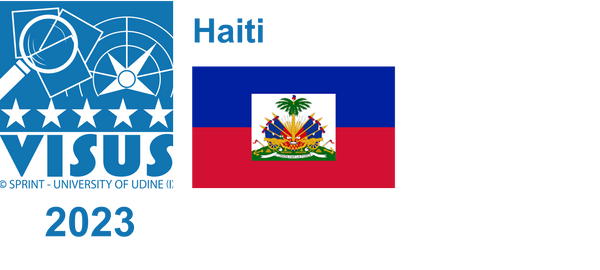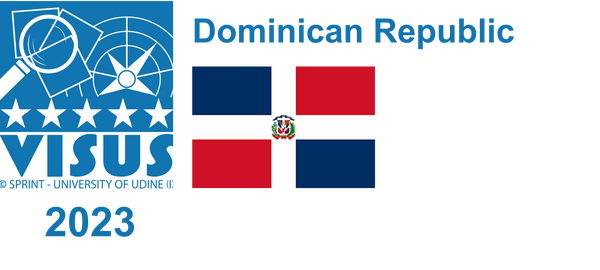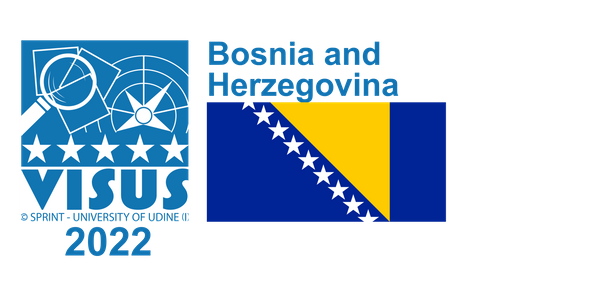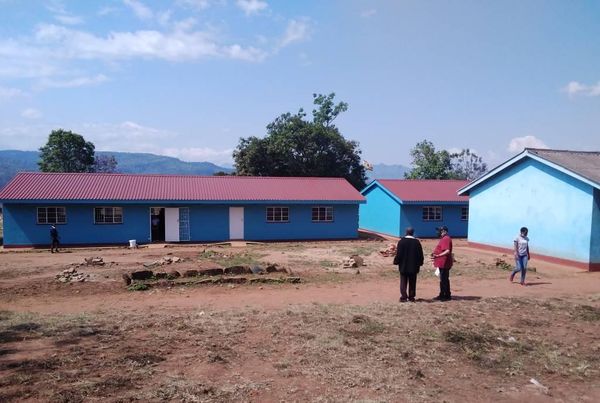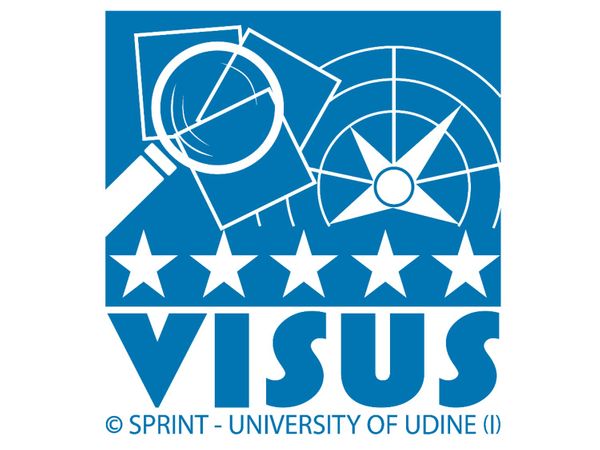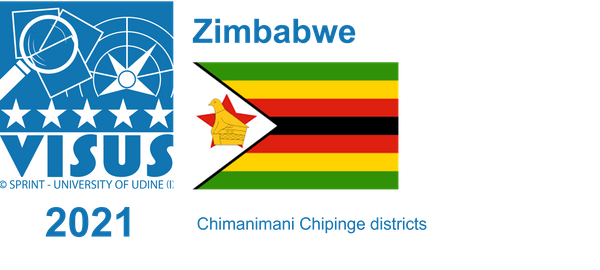VISUS
21 Contents
VISUS Haiti 2023
In the context of the Implementing Measures for Climate Change Adaptation and Disaster Risk Reduction Mitigation of School Facilities in Haiti project, funded by the Adaptation Fund, the UNESCO Chair researchers are applying the VISUS methodology for the safety assessment of up to 700 schools in four departments in Haiti.
VISUS Dominican Republic 2023
In the context of the project “Capacity Building for Disaster Risk Reduction in the Built Environment in Latin America and the Caribbean” (BERLAC5 project) in Dominican Republic, the UNESCO Chair researchers are applying the VISUS methodology for the safety assessment of up to 100 schools in Dominican Republic.
VISUS will
VISUS Bosnia and Herzegovina 2022
In the context of the joint UN Programme "Disaster Risk Reduction for Sustainable Development in Bosnia and Herzegovina", the UNESCO Chair researchers are applying the VISUS methodology for the safety assessment of 40 schools in ten municipalities of Bosnia and Hezegovina. The main goals of the Programma are
Presentation on the outcomes of VISUS for Chimanimani Districts (Zimbabwe)
Following the launch of the VISUS initiative in October 2021, UNESCO Regional Office for Southern Africa in partnership with the University of Udine (Italy) and the University of Zimbabwe implemented the VISUS methodology across 15 schools in Chimanimani district. In this context, a webinar to present the outcomes of the
VISUS projects
In this page you can find the projects in which the VISUS methodology was applied (including also the projects developed by SPRINT-Lab before the establishment of the UNESCO Chair).
VISUS projects
VISUS Zimbabwe 2021
In the context of the UNESCO project "Comprehensive Resilience Building in the Chimanimani and Chipinge Districts" in Zimbabwe, implemented under the authority of the Director and Representative of UNESCO Regional Office of Southern Africa (ROSA) and the supervision of the Science Programme Specialist of the UNESCO office in
VISUS methodology
Ensuring the safety of people is one of the main concerns of public administrators in hazard-prone territories, particularly with reference to strategic and relevant major public buildings, such as schools. This requires the definition of a rational and effective strategy for risk reduction based on the level of risk, points

